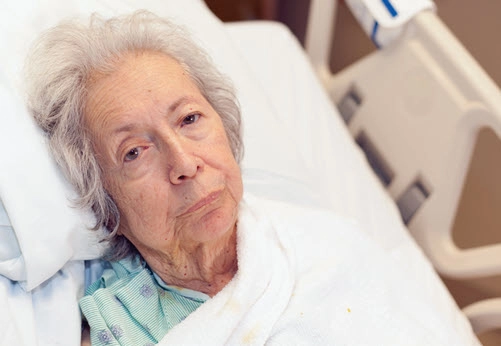Bolster Support for Residents Who Survive COVID-19
Question: How do we best support residents who are no longer infectious but aren’t totally recovered from a bout of COVID-19? South Dakota Subscriber Answer: Although experts know so much more about COVID-19 now than they did earlier in the pandemic, there is still a humongous dearth of knowledge surrounding the virus and its long-term effects on survivors. Experts aren’t sure about the best avenues for therapeutic support. “The ideal rehab strategy for post-COVID remains unclear,” said Jennifer Possick, MD, associate professor of Section of Pulmonary, Critical Care and Sleep Medicine at Yale University in New Haven, Connecticut, on a recent Clinician Outreach and Communication Activity (COCA) call. “From a physical therapy perspective, most of our patients have benefited subjectively from some sort of structured program, whether that’s at home, in rehab, or in pulmonary rehab,” she said. On the whole, there is no set guidance for treating the aftereffects of COVID-19. Treatment “is really symptomatic and supportive,” said Allison Navis, MD, assistant professor in the Division Neuro-Infectious Diseases Icahn School of Medicine at Mount Sinai in New York on the same call. Outside of medication or other therapies that may need prescriptions of more intensive resources, some simple supports can be extremely helpful. Navis mentions meditation and breathwork as effective ways to calm the sympathetic nervous system responses, like tachycardia, and points to sleep as being “extremely important,” mentioning that good sleep hygiene is helpful in achieving better sleep. Consider care planning for affected residents to focus on good sleep hygiene: consistent bedtime, no screens half an hour before bed, consistent routine leading up to bedtime, etc. One thing both doctors mention is that mental health seems to be affected by COVID-19. “I just want to highlight the importance of mental health aspects. I think it’s extremely important to address those, to not be dismissive of them, but also not, you know, attribute everything to it. A lot of patients do have depression and anxiety that’s secondary to these ongoing symptoms, and I think that’s extremely understandable. However, we do know that depression, anxiety, and PTSD can affect cognition and other symptoms, and that is something we can act on, and hopefully, improve those symptoms,” Navis says.

